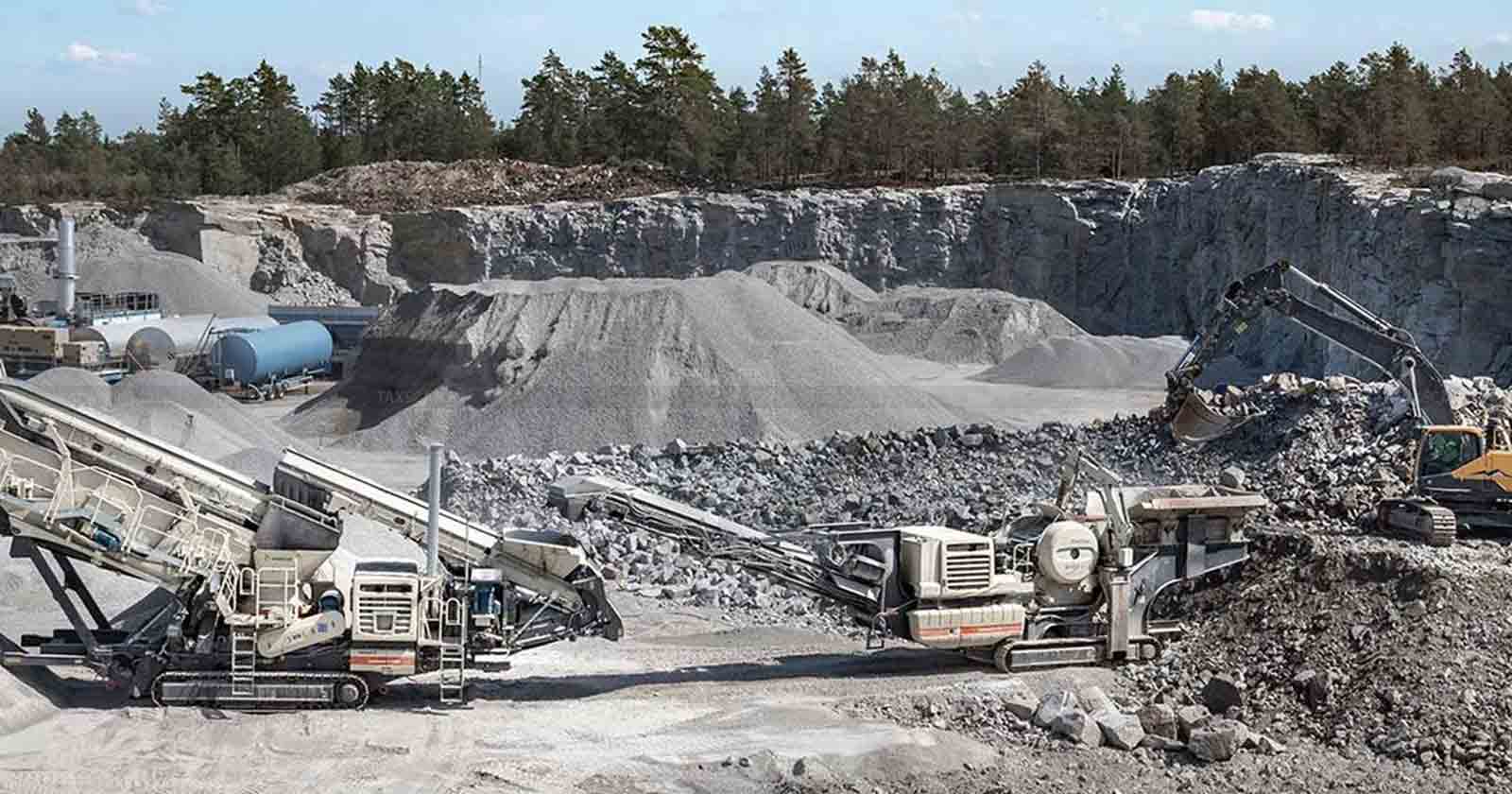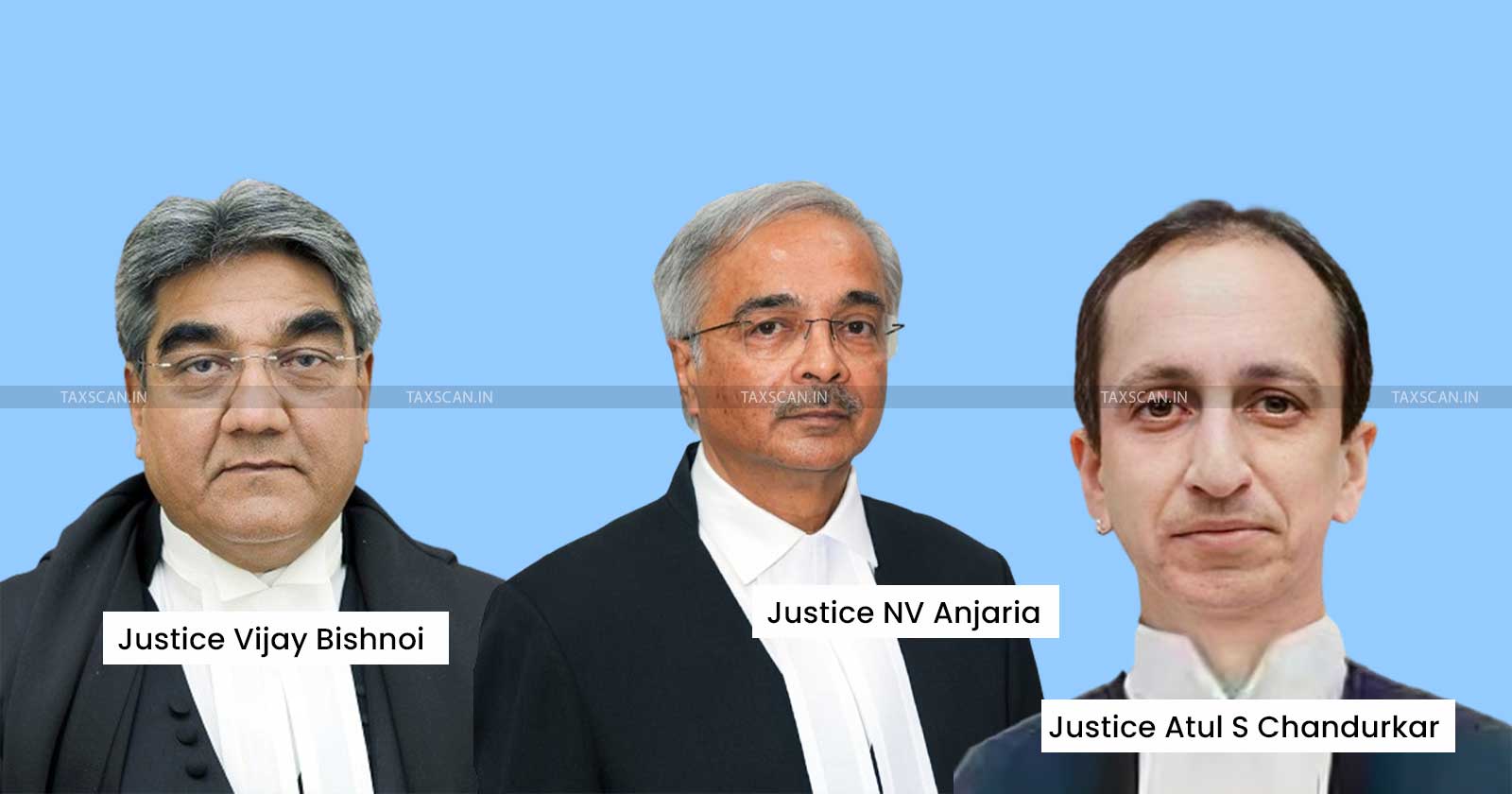Can Businesses Get Cash Refunds for Transitional CENVAT Credit Reversals? Supreme Court to Decide [Read Judgement]
The Supreme Court of India will decide whether the reversed transitional CENVAT credit carried forward under GST can be refunded in cash, following an appeal from Tenormac Enterprises
![Can Businesses Get Cash Refunds for Transitional CENVAT Credit Reversals? Supreme Court to Decide [Read Judgement] Can Businesses Get Cash Refunds for Transitional CENVAT Credit Reversals? Supreme Court to Decide [Read Judgement]](https://images.taxscan.in/h-upload/2025/06/21/2051856-businesses-get-cash-refunds-cash-refunds-cash-refunds-for-transitional-cenvat-credit-taxscan.webp)
The Supreme Court of India is set to examine whether the reversed transitional CENVAT credit, which was previously carried forward under GST, can be refunded in cash, following an appeal filed by Tenormac Enterprises.
Tenormac Enterprises Pvt. Ltd. (the petitioner) had originally carried forward its transitional CENVAT credit under the GST regime via Form TRAN-1 as on the appointed date, 1 July 2017. In 2025, it succeeded before the Customs, Excise & Service Tax Appellate Tribunal (CESTAT), which ruled in its favor.
Subsequently, Tenormac filed a Miscellaneous Application seeking a cash refund of Rs. 256.45 crores, the amount of reversed transitional credit. CESTAT allowed the request, invoking Rule 41 of the CESTAT (Procedure) Rules, 1982, directing the revenue authorities to process the refund.
 Also Read:Supreme Court Reinstates Quarry Lease to Highest Bidder: Quashes High Court's Re-Tender Order as Legally Unjustified [Read Order]
Also Read:Supreme Court Reinstates Quarry Lease to Highest Bidder: Quashes High Court's Re-Tender Order as Legally Unjustified [Read Order]
Comprehensive Guide of Law and Procedure for Filing of Income Tax Appeals, Click Here
The Commissioner of CGST challenged both the CESTAT’s main judgment (dated 24 January 2025) and the refund order (dated 6 May 2025) before the Bombay HighCourt. The Revenue filed a writ petition under Article 226 of the Constitution and a Central Excise appeal under Section 35-G of the Central Excise Act, 1944.
However, the High Court held that since the case involved questions of valuation and rate of tax, it fell within the exclusive appellate jurisdiction of the Supreme Court under Section 35-L. The High Court dismissed both proceedings as not pressed, while granting the Revenue liberty to appeal to the Supreme Court. Despite this, the High Court stayed the CESTAT’s refund direction for eight weeks.
Aggrieved by this interim stay, Tenormac approached the Supreme Court. The counsel argued that once the High Court had found the appeal not maintainable and recorded the withdrawal of the petition, it could not have granted a stay on the CESTAT’s order. The petitioner’s counsel argued that the stay was procedurally incorrect and legally unsustainable.
 Also Read:Supreme Court Collegium recommends Elevation of 3 High Court Judges to the Apex Court
Also Read:Supreme Court Collegium recommends Elevation of 3 High Court Judges to the Apex Court
Comprehensive Guide of Law and Procedure for Filing of Income Tax Appeals, Click Here
On the other hand, the revenue counsel submitted that a cash refund of transitional credit was expressly barred by the proviso to Section 142(6)(a) of the CGST Act, 2017. They explained that since Tenormac had carried forward the credit in 2017 and reversed it only in 2024, seven years later, it could not bypass the legal prohibition on cash refunds. The revenue also expressed concern about recovery challenges, claiming that Tenormac had ceased its business operations.
Section 142(6)(a) of the CGST Act restricts the refund of CENVAT credit in cash where such credit was already transitioned into GST via TRAN-1. It is designed to ensure that tax credits are used forthe discharge of GST liability, not returned in cash.
The bench comprising Justices Ujjal Bhuyan and Manmohan held that, prima facie, the High Court could not have granted a stay after holding that it lacked jurisdiction and disposing of the matter as not pressed. The court issued notice to the revenue and stayed the High Court’s order of 12 June 2025. It clarified that the revenue remains free to file an appeal under Section 35-L, which would be considered on its own merits.
The Supreme Court will now hear the matter on 2 July 2025 and decide whether cash refunds are permissible for the reversed transitional credit that was earlier carried forward under GST. The decision is expected to clarify a key issue affecting transitional credit treatment under the GST regime.
Support our journalism by subscribing to Taxscan premium. Follow us on Telegram for quick updates


